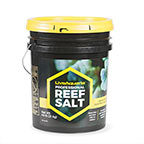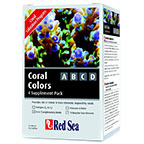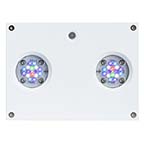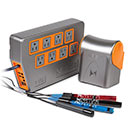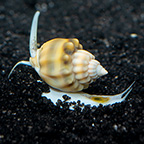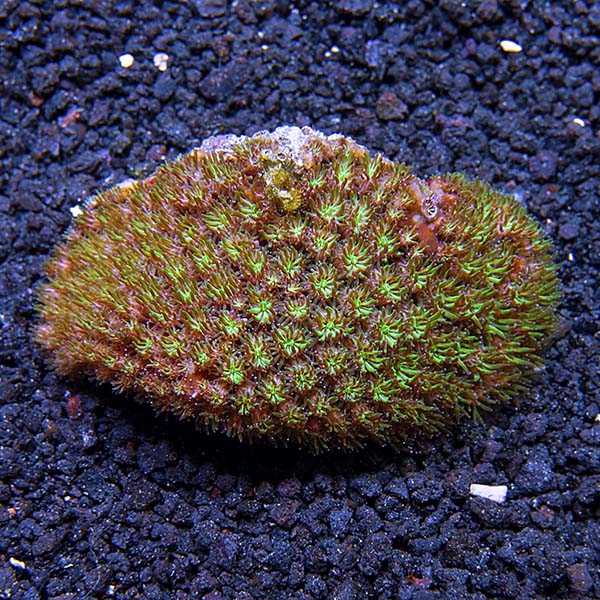
Additional locales and sizes may be available!
Additional locales and sizes may be available! Email me when availableQuick Stats
What do these Quick Stats mean? Click here for more information
What do these Quick Stats mean? Click here for more information
Overview
It is an aggressive coral in the reef aquarium, and therefore, needs adequate space between itself and other corals. Its polyps can extend up to several inches at night and will sting and cause damage to other species of corals that it can reach. The Tooth Coral requires strong lighting combined with moderate water movement within the aquarium. For continued good health, it will also require the addition of calcium, strontium, and other trace elements to the water.
It requires additional food in the form of micro-plankton or brine shrimp twice a week.
Approximate Purchase Size: Frag: 1/2" to 1" ; Small: 1" to 2-1/4"; Medium: 2" to 4"; Large: 3-1/2" to 5-1/4"






